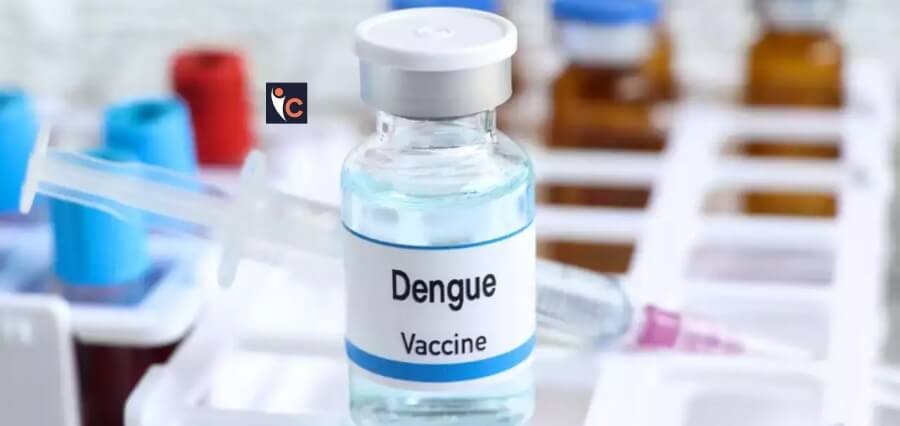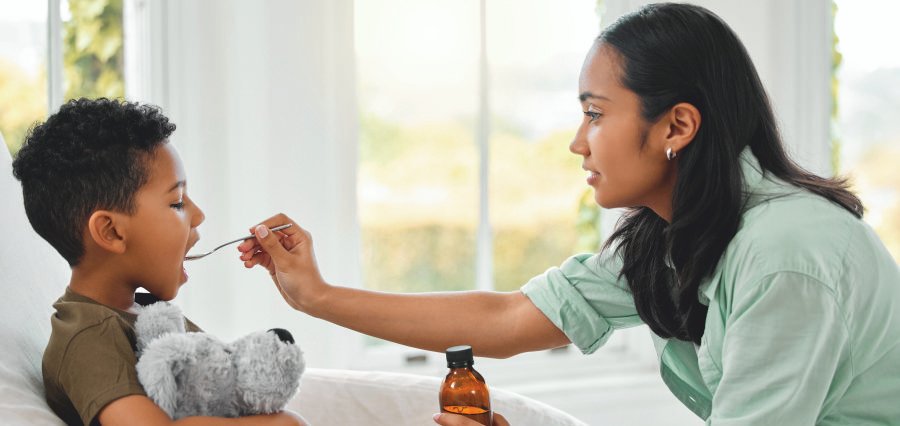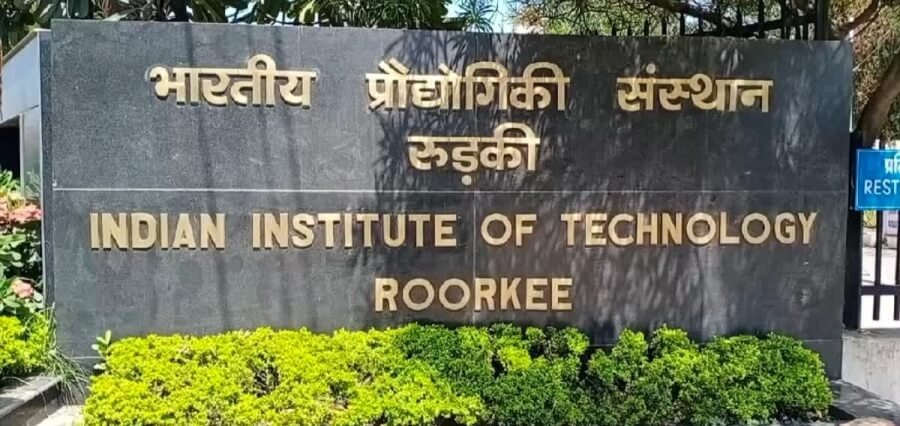The Indian Council of Medical Research (ICMR) and Panacea Biotec announced on Wednesday the commencement of the Phase 3 clinical trial for DengiAll, India’s first indigenous dengue vaccine, at Pandit Bhagwat Dayal Sharma Post Graduate Institute of Medical Sciences (PGIMS) in Rohtak.
Union Health Minister JP Nadda praised the initiative, stating, “The launch of this Phase 3 clinical trial for India’s first indigenous dengue vaccine is a significant milestone in our battle against dengue.” He also highlighted the importance of the collaboration between ICMR and Panacea Biotec, saying, “Through this partnership, we are not only advancing the health and well-being of our people but also strengthening our vision of Atmanirbhar Bharat in the healthcare sector.”
Currently, India lacks an antiviral treatment or licensed vaccine for dengue, making the development of an effective vaccine an urgent and complex task. The primary challenge is to achieve high efficacy across all four serotypes of the dengue virus, which are prevalent in many regions of the country.
The tetravalent dengue vaccine strain (TV003/TV005), originally developed by the National Institutes of Health (NIH) in the USA, has shown promising results in preclinical and clinical trials worldwide. Panacea Biotec, one of three Indian companies granted access to this strain, has made significant progress in developing a complete vaccine formulation. The company holds a process patent for its work, and Phase 1 and 2 clinical trials of the Indian vaccine formulation were completed in 2018-19, showing encouraging results.
The Phase 3 clinical trial, conducted in collaboration with ICMR, will be carried out across 19 sites in 18 states and union territories, involving over 10,335 healthy adult participants.
Dengue remains a major public health concern in India, placing the country among the top 30 globally for the highest incidence of the disease. According to a WHO report, approximately 75-80% of dengue infections in India are asymptomatic, yet these individuals can still transmit the virus through the bite of Aedes mosquitoes. Of the 20-25% of cases where symptoms are clinically apparent, children are at a particularly high risk of hospitalization and mortality.
Read More: Click Here





